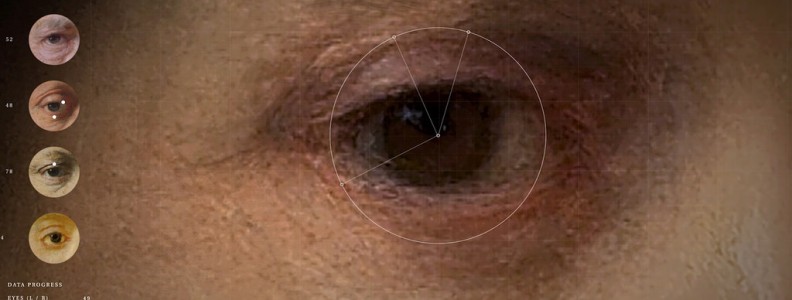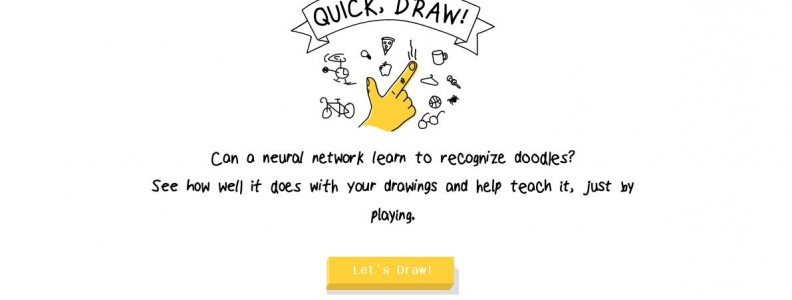Following on from my recent blogs about machine learning, here’s a bit of good news.
Well, probably good news.
Scientists and researchers at Google and Toyota are trying to do something about bias in machine learning by devising a test to detect it.
The problem of course is that algorithms are deliberately designed to develop themselves and they become complex and opaque to anyone trying to understand them. This test will spot bias by looking at the data going in and the decisions coming out, rather than trying to figure out how the black box of the algorithm is actually working.
This has to be applauded so long as the people analysing and testing the decisions aren’t biased themselves; there’s an obvious danger that the very people unconsciously introducing bias into the algorithm also introduce the same bias into the test – a futuristic version of Groupthink.
In a recent article in the Guardian newspaper, Alan Winfield, professor of robot ethics at the University of the West of England, said: “Imagine there’s a court case for one of these decisions. A court would have to hear from an expert witness explaining why the program made the decision it did.”
Alan, who was one of the scientists I collaborated with on Science and Science Fiction: Versions of the Future, acknowledges in the article that “an absolute requirement for transparency is likely to prompt ‘howls of protest’ from the deep learning community. ‘It’s too bad,’ he said.”
I’m not a machine learning expert so a lot of the paper that sets out this test is beyond my understanding, but I couldn’t see how the bias that already exists in our society wouldn’t be incorporated into the test.
Take a look for yourself at the Equality of Opportunity in Supervised Learning.
photo credit: ING Group The Next Rembrandt via photopin (license)



